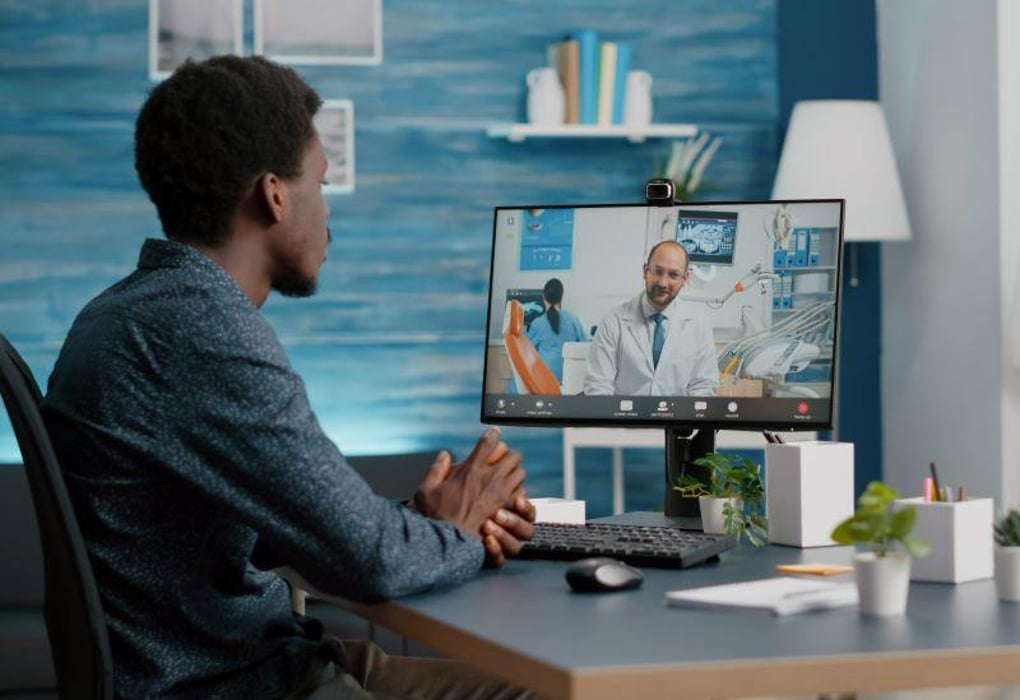Most Docs Want Telehealth for Opioid Abuse Treatment to Stick Around

MONDAY, Oct. 17, 2022 (HealthDay News) -- Many doctors who used telehealth to treat patients with opioid addiction because of the COVID-19 pandemic would like to make it a permanent part of their practice.
A new study from Yale School of Public Health surveyed more than 1,100 physicians who treated opioid-use disorder patients via telehealth.
Researchers found that 6 out of every 7 physicians were in favor of making this temporary telehealth flexibility a permanent part of their practice. More than 75% said they would like to continue using telehealth after the COVID pandemic if regulations permitted.
"Recent exposure to telehealth due to the COVID-19 pandemic has promoted the perspective among the physicians surveyed that it is a viable and effective treatment option for patients," said study lead author Tamara Beetham, a PhD student in health policy and management.
"Findings like these could have major implications for the future of telehealth regulation. Continued flexibility would allow more individuals to access life-saving treatment," Beetham said in a Yale news release.
This survey comes as policymakers debate whether existing regulations that allowed for telehealth during the COVID pandemic should be extended temporarily or permanently.
It also is a time when it's clear that treatment options are needed. More than 107,600 people in the United States died of drug overdose in 2021. That was up 15% from just 2020, according to the U.S. Centers for Disease Control and Prevention.
While physicians will often prescribe buprenorphine to treat opioid-use disorder and to reduce the risk of overdose, they must then regularly follow up with the patients as part of their treatment.
Telehealth was allowed so that patients could still access medication and participate in required follow-up despite social distancing and other mandates due to the COVID-19 pandemic.
Many of the physicians surveyed were using telehealth for the first time during the early stage of the pandemic.
More than half of those surveyed said it was more effective than they had expected. About 1 in 6 found it less effective.
"That so many doctors found telehealth to be effective after using it suggests the importance of this innovative method of delivering treatment," said study co-author Susan Busch, a professor of public health.
The findings were published recently in the American Journal of Managed Care.
More information
Johns Hopkins Medicine outlines signs of opioid abuse.
SOURCE: Yale School of Public Health, news release, Oct. 13, 2022
Related Posts
BinaxNOW Test Catches COVID-19 Infection in Many People, Study Shows
WEDNESDAY, Jan. 12, 2022 (HealthDay News) -- Countering earlier concerns, a...
La marihuana podría interactuar con los fármacos y provocar daño
JUEVES, 16 de diciembre de 2021 (HealthDay News) -- Muchas personas recurren a...
Maryland Reports Case of Locally Acquired Malaria
MONDAY, Aug. 21, 2023 (HealthDay News) -- There has been another case of locally...
Unexplained Outpatient Electrolyte Abnormality May Signal Eating Disorder
WEDNESDAY, Nov. 9, 2022 (HealthDay News) -- Nearly one in five individuals...
